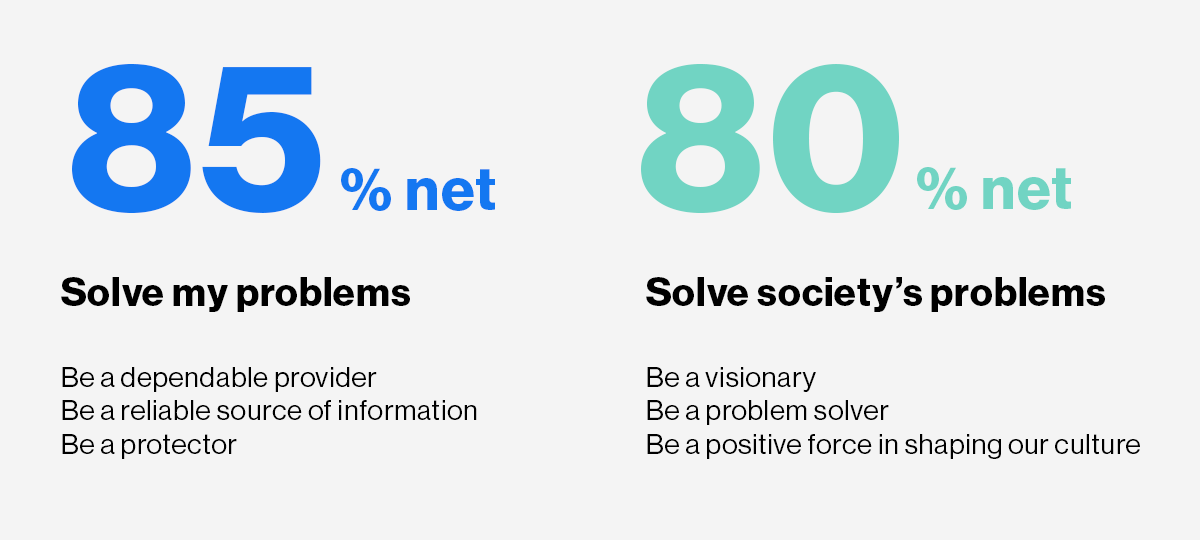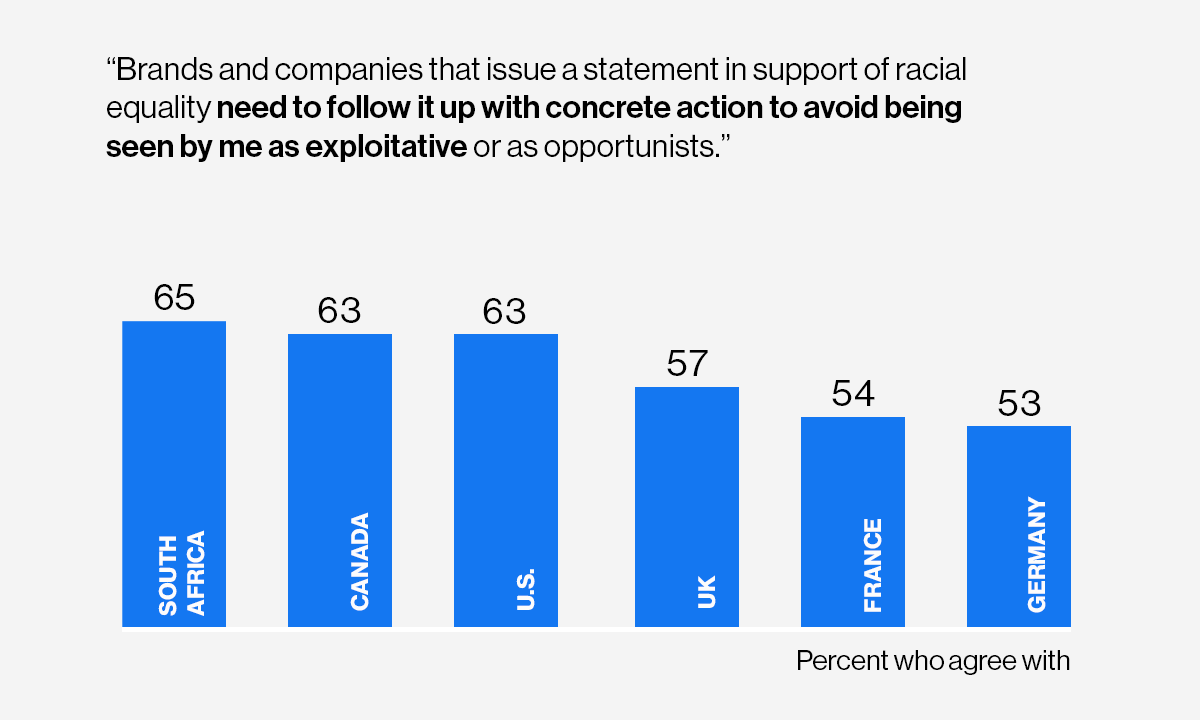DOWNLOAD THE REPORT
The 2021 Edelman Trust Barometer’s Ireland findings show the emergence of health authorities and members of the scientific community as highly trusted leaders. The overwhelming majority of respondents, 71%, view the Health Service Executive (HSE) and the National Public Health Emergency Team (NPHET) as trusted organisations, while the World Health Organization (WHO) also enjoys strong trust levels with 70% of Irish respondents, according to this year’s Barometer.
An additional supplemental study, which was carried out last month, also shows that with the vaccine roll-out under way, a significant majority of respondents, 77%, said that they are willing to vaccinate – a 12-point increase since November. Despite a sense of urgency among the Irish public around the need to get vaccinated, the biggest concern is about the wider economic fall-out from the pandemic according to just under three-quarters (74%) of Irish respondents. This compares to the 63% who say they are concerned about contracting Covid-19.
While health authorities have emerged as trusted voices, the 2021 Edelman Trust Barometer also shows that there has been an increase in trust levels in institutions in Ireland, with trust in government increasing to 48% a seven-point improvement compared to last year, while business also saw a considerable jump, rising seven points from 48% in 2020 to 55% in this year’s Irish findings.
The Barometer also points to a drop in trust in all information sources, including traditional media (-11 points), search engines (-eight points) and social media as the least trusted source (-five points). The Barometer points to an urgent requirement to deal with the infodemic of misinformation and highlights the need for personal responsibility when identifying fact and fiction. Only one in four Irish people are practicing good information hygiene, meaning they engage with multiple news sources, avoid echo chambers, verify that the information they are consuming is accurate and vet content before sharing it.










